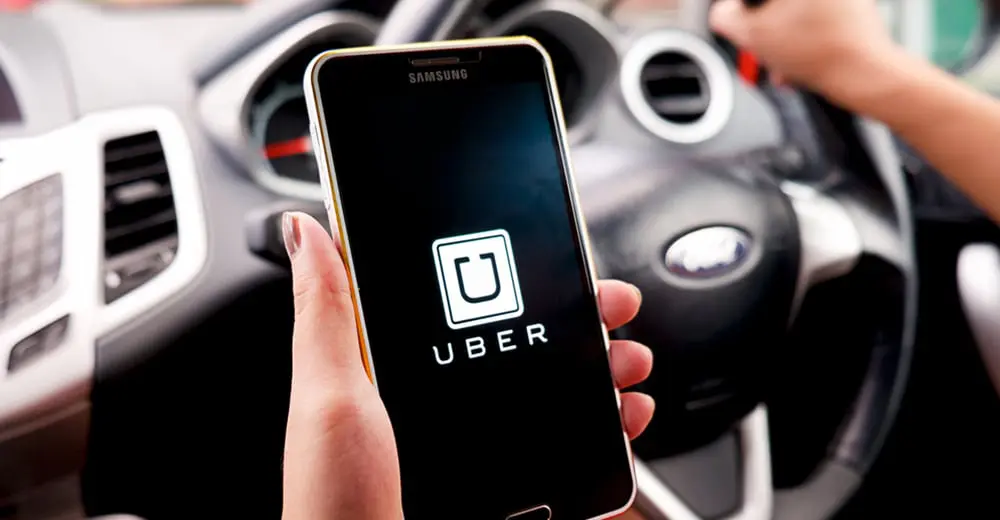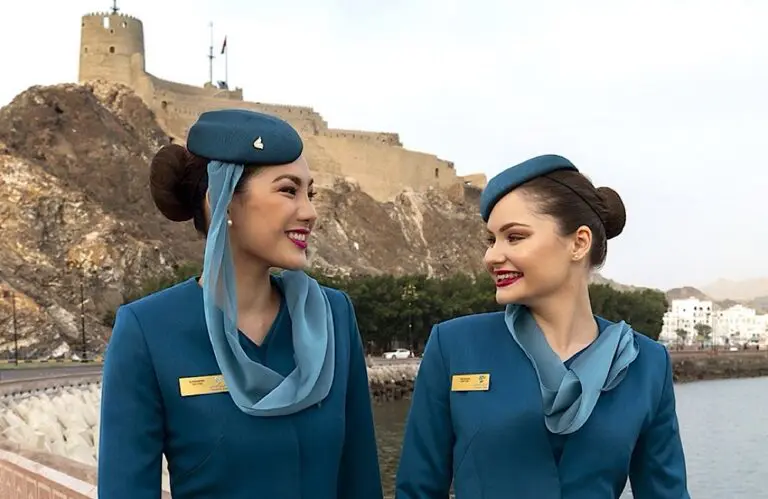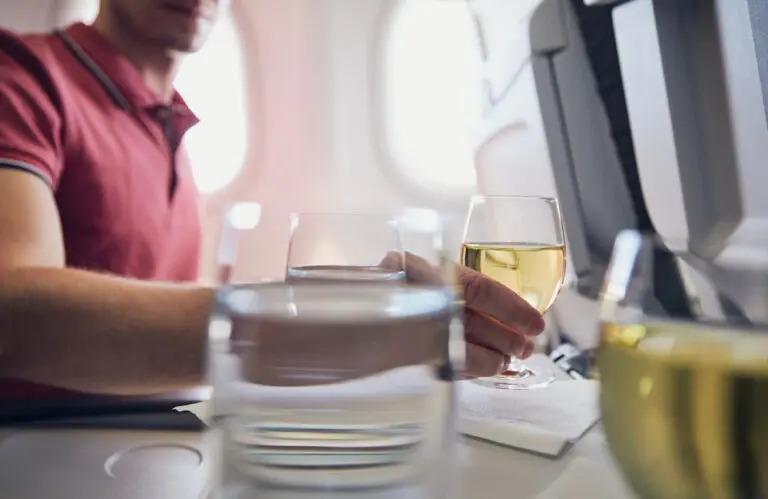The world is still confused following President Trump’s controversial travel ban but the travel industry continues to make its position clear.
And the overall message? It’s not happy with the hate-mongering, the talk of border walls, the clamping down on freedom to travel.
Last week, KarryOn published a stirring message from Intrepid Travel managing director James Thornton saying companies should not “sit and watch” as people were stripped of their freedom of movement – a “fundamental building block of democracy”.
“It’s a freedom that should be unfettered by race, religion, gender, sexual orientation or ability. Available to all. And especially to those fleeing persecution, war, violence and tyranny,” he wrote.

But that wasn’t the end of it. The outcries have kept on coming.
Yesterday, Airbnb sent a message to its members entitled “We believe in a world where anyone can belong”.
“Everyone deserves to belong,” it said, accompanied by an image depicting the multicultural nature of the world we live in.
“But for too many, it’s a dire need.”
It then outlined its five-year goal to ensure 100,000 people have short-term housing during urgent times. The company is one of a vast number of companies that have joined a lawsuit against the executive order.
The company’s co-founders also personally edited the company’s controversial Super Bowl ad which was noted for its criticism of the anti-immigration ban.
The #WeAccept ad features the text “We believe no matter who you are, where you’re from, who you love or who you worship, we all belong. The world is more beautiful the more you accept”.
Watch it here:
https://youtu.be/5qUTYHnLz2g
Last week, Couchsurfing reminded its members that sharing is at its core.
“In times of uncertainty, we take our commitment to connecting the world more seriously than ever, and urge you to do the same,” it said.
“Every new connection we make helps us cultivate a better understanding of different cultures, languages and religions.
“These connections strengthen our faith in one another, and make the world a better place.”
According to Couchsurfing, everyone can have an impact and the spirit of generosity can “profoundly change the world”.
Ridesharing giant Uber took a little longer to come to the party, with chief executive Travis Kalanick taking a place on Trump’s business advisory council. However, after a #DeleteUber backlash and in the wake of the immigration order, Kalanick last week confirmed he would step down from the position.

“Joining the group was not meant to be an endorsement of the President or his agenda but unfortunately it has been misinterpreted to be exactly that,” he wrote in an email to employees.
He has since pledged to assist all Uber employees impacted by the ban and the company has also joined the army of companies taking action against the order.
But the action is not all taking place within the sharing community. Travel giants such as Expedia are also making a stand.
Last week, the online retailer joined the Washington state lawsuit against the immigration ban.
“Expedia believes that the Executive Order jeopardizes its corporate mission and could have a detrimental impact on its business and employees, as well as the broader U.S. and global travel and tourism industry,” the company declared.
The company also offered a 2-to-1 match for employee donations to the American Civil Liberties Union (ACLU) in response to the ban.
“When we see injustices such as the ban on immigrants to the United States, we feel compelled to act – as you’ve seen throughout this week,” Expedia’s chief people officer Nikki Krishnamurphy wrote in an email to staff.
Meanwhile, the Adventure Travel Trade Association (ATTA) warned such a ban would “needlessly damage the tourism sector”.
“Much of the spend in adventure travel is in rural and economically depressed regions and is a critical tool for poverty alleviation and issues such as wildlife and habitat protection,” it said in a statement.
“It is through travel that the ATTA believes people can move toward better cultural understanding and peace.”






